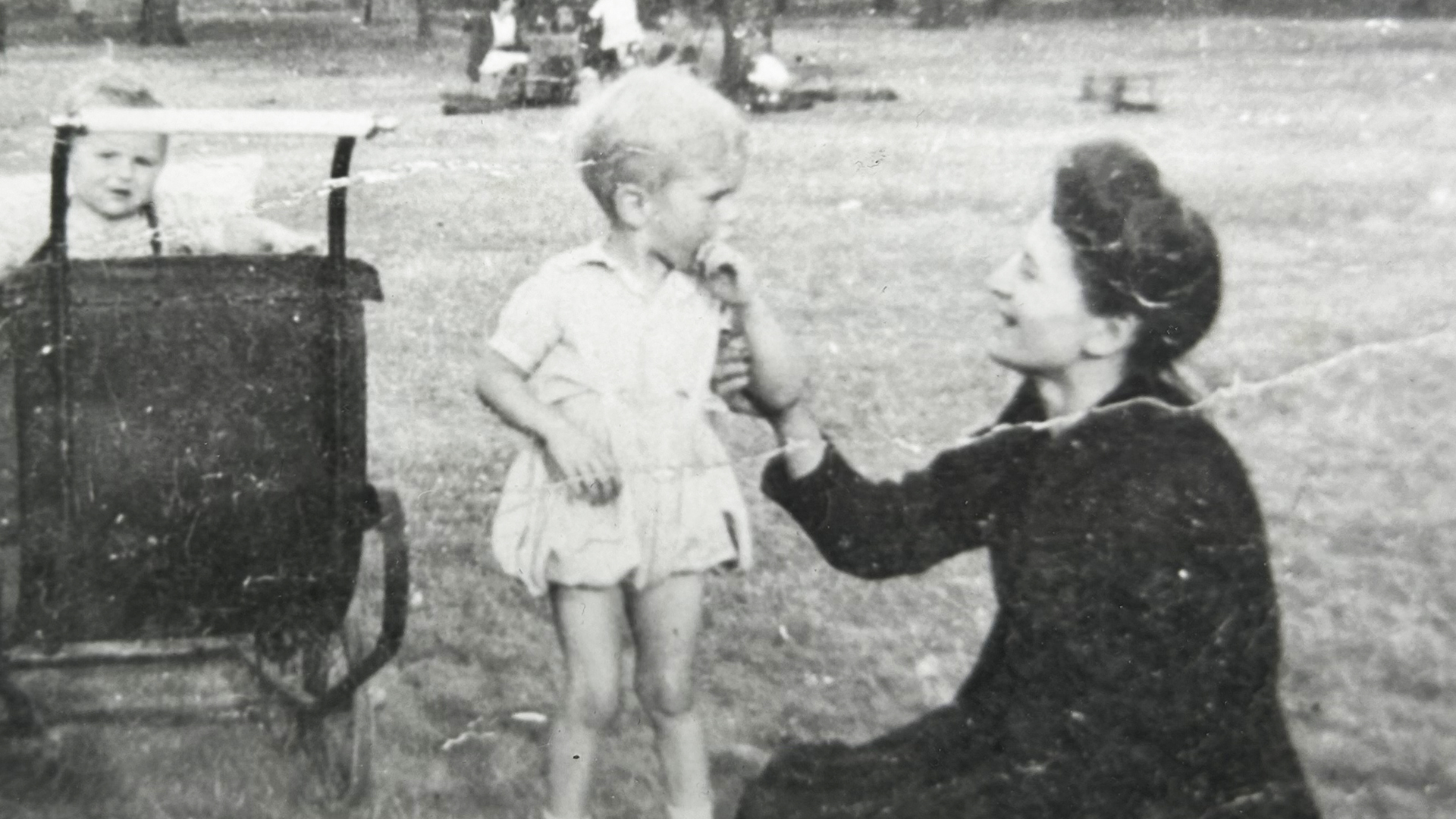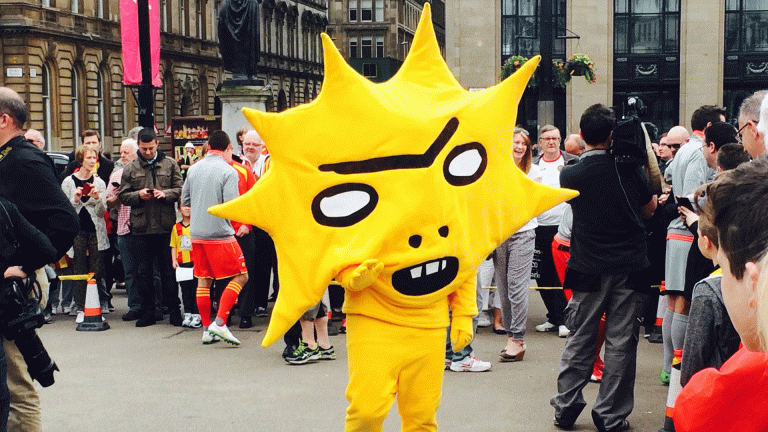The other night I had a dream that I was helping a much-respected person I knew to make a large meal for 50 Big Issue vendors and staff. Things seemed to work well. Then it went badly wrong and the well-respected person got angry and threw everything away. I was gobsmacked but tried to rescue everything by going out and buying 50 fish and chip suppers. Turning disaster into something else, because what united us was not so much what we ate, but that we ate together.
When I awoke I realised I had to get on a train and go to London to attend a ceremony that I had arranged to commemorate the 50 years since my mother lost her fight for life. The ceremony meant returning to the graveyard that she had finally been laid to rest in, with some of my children and grandchildren, and my wife and ex-wife (still a family friend). But I could not face it. I could not face the endless sea of gravestones. Nor the sadness of hovering there with flowers to replace the long-dead flowers of 1973. So, up early after that dream debacle in a West End kitchen, I rang round and rearranged the venue.
Get the latest news and insight into how the Big Issue magazine is made by signing up for the Inside Big Issue newsletter
We would meet at Westbourne Park station in Notting Hill and walk around, traipse the manor that I was born in and which my Irish mother entered when she got off the boat from Ireland in 1939, aged 18. The first stop was the erstwhile pub, The Princess Alexandra, where the man she married had been playing the piano. The man she had six boys with, and with whom she suffered a life of privation. Hunger, need, evictions, and near evictions for much of her life. She died at 52; he outlasted her by 10 years.
But the spirit of this visit was not to be grim. If anything, it was about a young woman who was full of life and Jesus, and a love of pubs, and dancing, and telling stories about the old country. A romantic young woman who met life in the slums of Notting Hill with brio.
The pub has been converted to a restaurant, its rough corners rounded off. It’s not the place I sat outside with my elder brothers awaiting a lemonade and a bag of crisps while our parents celebrated within. Opposite the pub had been the slummed streets of my childhood home, containing the large house where we had two rooms. Alas so damaged, that most wretched street in Notting Hill, that the army of middle-class colonisers who usually transformed slums to palaces had no chance. It was so decayed and broken a neighbourhood that the London Borough of Westminster pulled it down in the late 1970s. The Wessex Gardens Estate rose where once I played in St Stephen’s Gardens, and where the nascent housing association movement began in the 1960s.











